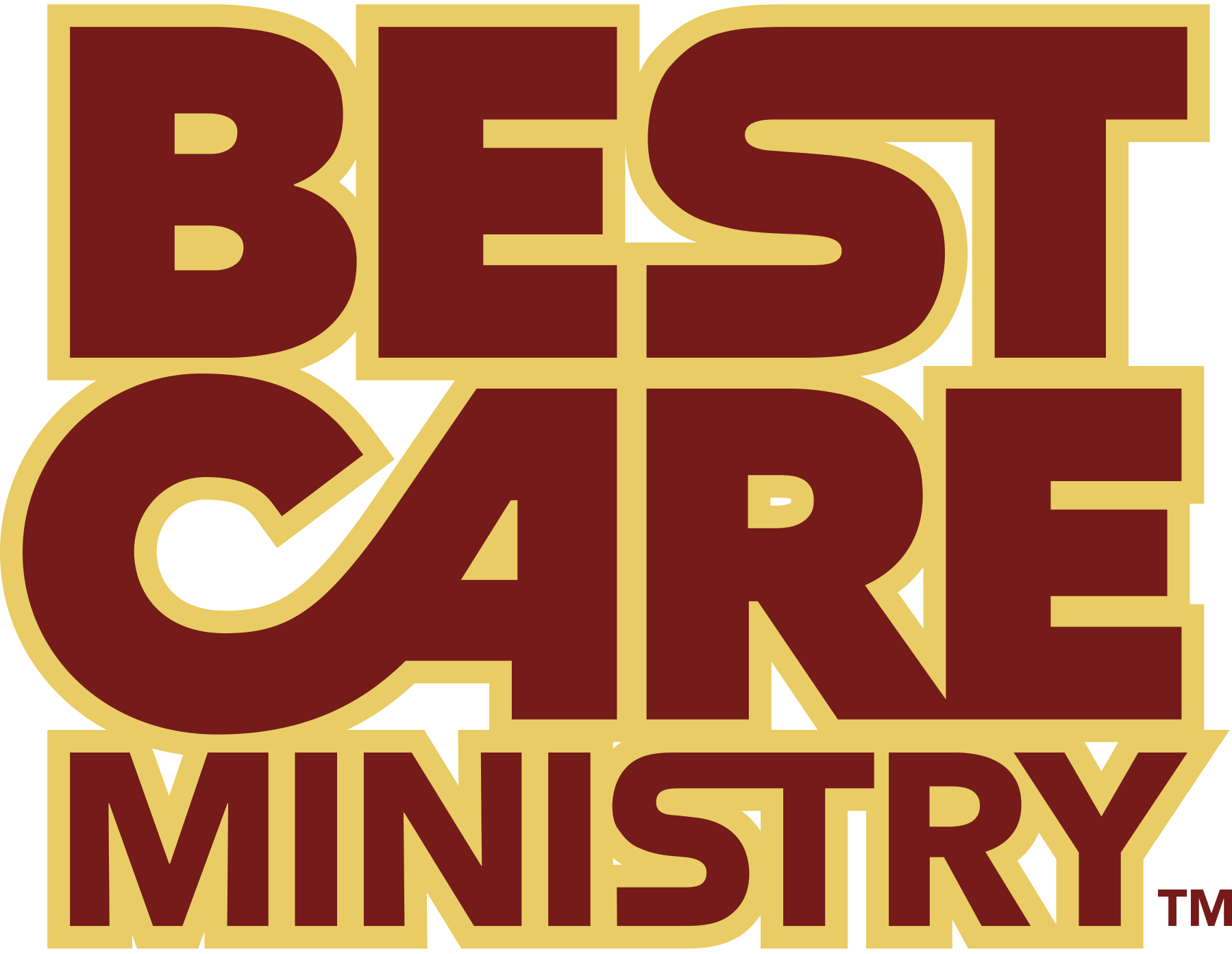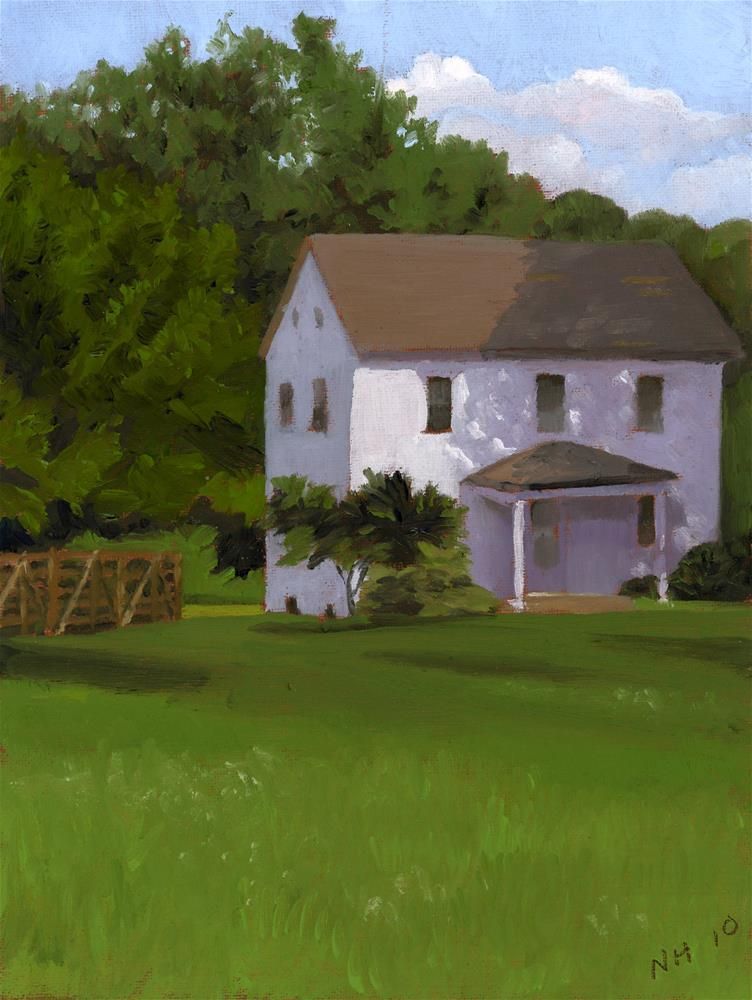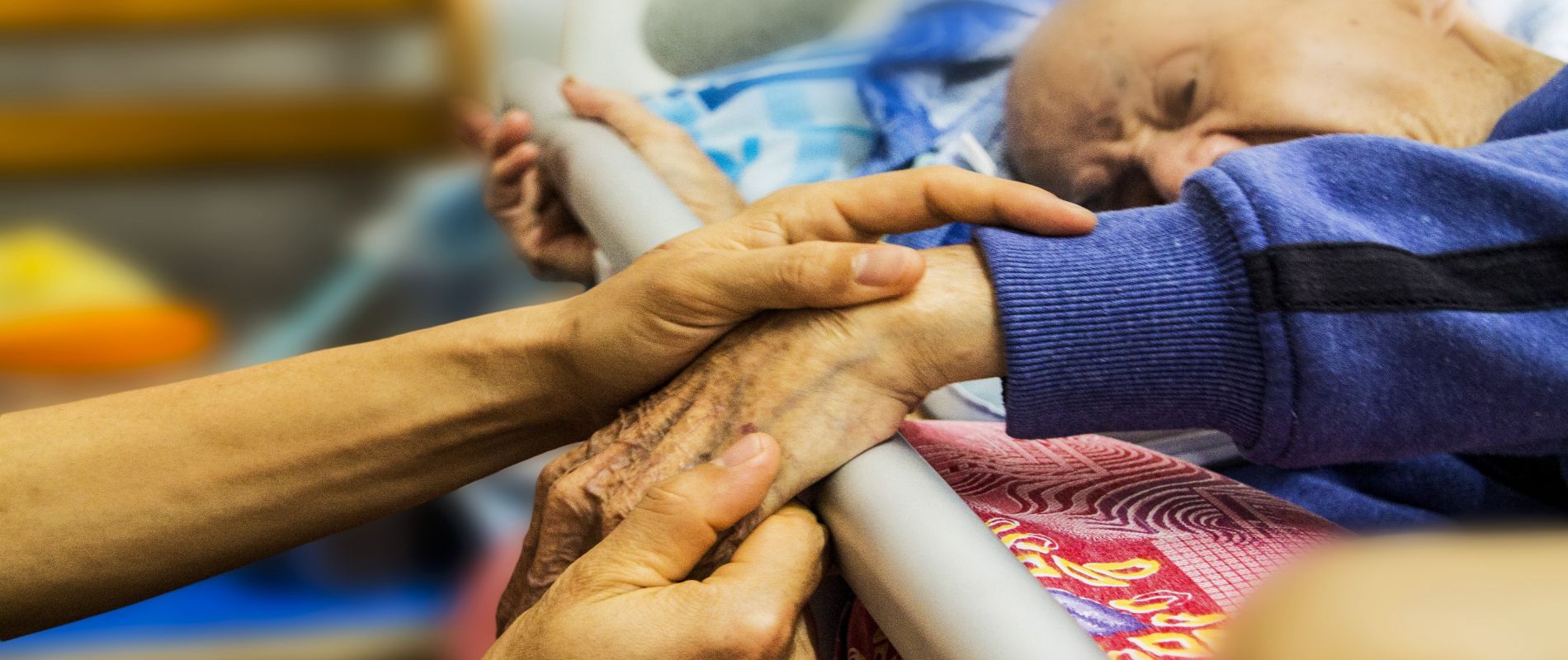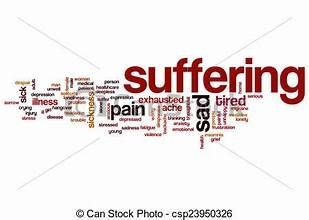Learning about hospice and how to
help others decide about hospice.

Ninety percent of people die from a diagnosed and extended illness.
Effectively caring for them requires an
accurate understanding of hospice care and
how to help people make the decision to use hospice,
Even though it seems hospice is needed, a Care Pastor or Care Giver, should not tell people what to do.
Here are four reasons why.
- Care involves helping them discover what they want and need to do.
- People may misinterpret what we are suggesting.
- We might be mistaken.
- They could blame you if things don't work our and/or if expectations are dissappointing.
But, when I saw Paul in ICU I wanted to tell Cyndi, his wife, that hospice would probably be a better place for him.
The ICU room was clinical with pumps....tubes.... alarms.... and a steady parade of phlebotomist, CNAs, nurses and a variety of doctors trying one more treatment, or surgery to address the cancer that had recurred and spread to new parts of his body.
It is so overwhelming and impersonal!!
Each of the new MRIs, tests and surgeries filled his days with unpleasant activity and required hours away from family members who found his bed empty when they came to visit. Going to the tests were painful enough and recovery was required when he returned.
Paul, Cyndi and the family would have preferred a different setting if they had been sure how few his remaining days were on this earth.
It is a hard decision because only God knows exactly when.
From my experience as a hospice chaplain, I knew there was
a better situation for the end-of-life. Hospice provides comfort care in a peaceful, less interrupted environment that often is in the home or at least a more home like environment. Friends and family can come and go much more easily and the patient is more comfortable in familiar surroundings.
From this better situation, hospice care offers the opportunity for these five benefits that are valuable beyond measure.
- Valuable time is available for precious and intentional moments to be made.
- Favorite mementos can be savored such as cards, pictures, and objects that speak a thousand words.
- Blessings, wishes and love can be expressed.
- Apologies can be given and received.
- Regrets can be resolved.
The passing from this life to the next can be dignified,
peaceful and maybe even glorious.
A terminal diagnosis took Paul and Cyndi where they did not want to go. Death had taken, way too early, a son and a sister from Cyndi and she did not want Paul to leave this life so soon. His creativity and talents for writing and producing new projects made him want to keep living. His life had purpose and there was so much more to do.
So, how could I help this family discover what would probably be best for them? Walking with grieving people when the condition becomes terminal is a tricky thing.
In part 2, we will look through the lens of Cyndi's eyes.
Then in Part 3 we will look at what we as care ministers can do to help people navigate and care through difficult journeys at the end of life.
This is sacred work. What you do matters.
I hope this series of posts will help you care for people better than ever, especially in dramatic end of life situations.
